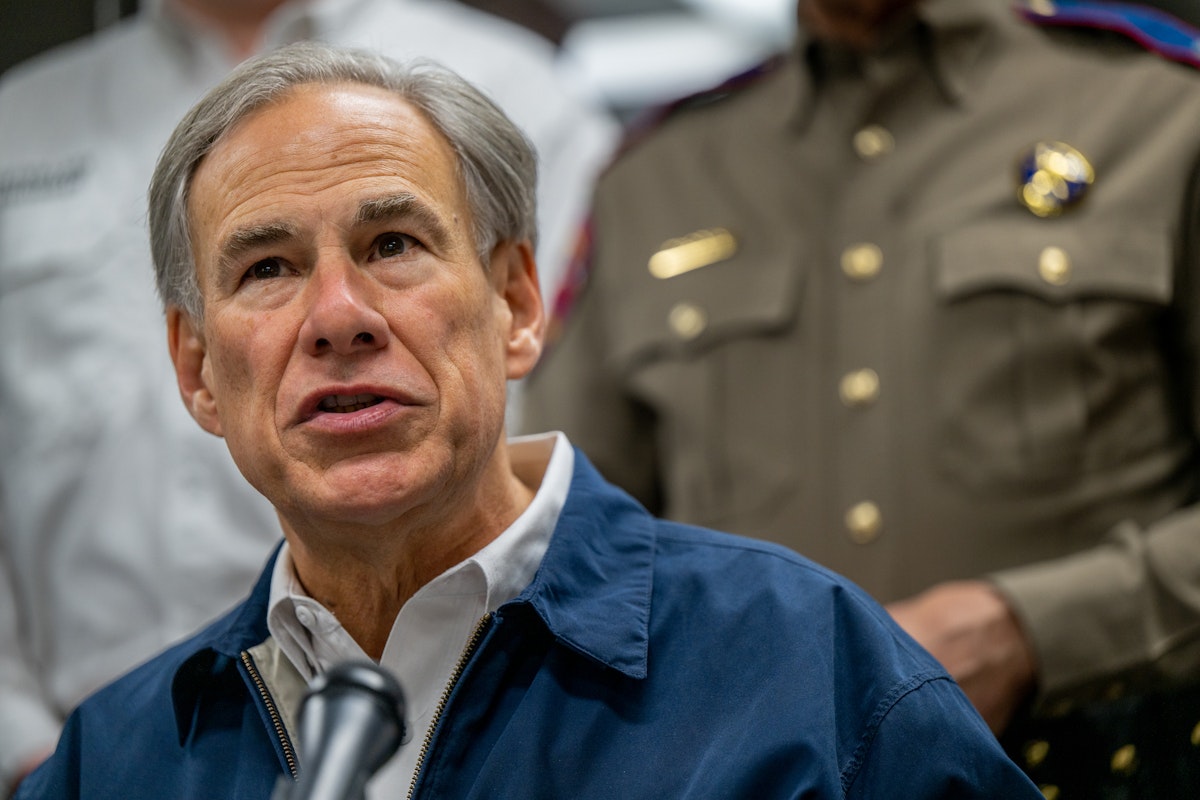Supreme Court Gives Abbott Free Rein on Controversial Immigration Law
On Tuesday, the Supreme Court handed Texas Governor Greg Abbott the reins to enforce a contentious law in the state’s radical immigration policy, Operation Lone Star.Within less than 24 hours, the Supreme Court first allowed a pause on the new law to lapse, then issued an indefinite stay, and finally, on Tuesday afternoon, issued an opinion that canceled that stay and allowed the law to go into effect while litigation continues in lower courts.“The time may come, in this case or another, when this Court is forced to conclude that an administrative stay has effectively become a stay pending appeal and review it accordingly. But at this juncture in this case, that conclusion would be premature,” read an opinion by Justice Amy Coney Barrett.Texas Senate Bill 4 could still be blocked at a later date. But for now, it will allow Texas police to question and arrest anyone they believe might have illegally crossed the U.S.-Mexico border, and will grant police the authority to charge them with misdemeanors for first-time offenders and felonies for repeat offenders. It will also allow Texas law enforcement to deport immigrants back to a port of entry along the border. The controversial bill was signed into law by Abbott and was originally supposed to take effect on March 5—until the Justice Department and several civil rights groups got involved, arguing that the bill went way too far, stepping on the toes of the responsibilities of the federal government. This is a developing story.

On Tuesday, the Supreme Court handed Texas Governor Greg Abbott the reins to enforce a contentious law in the state’s radical immigration policy, Operation Lone Star.
Within less than 24 hours, the Supreme Court first allowed a pause on the new law to lapse, then issued an indefinite stay, and finally, on Tuesday afternoon, issued an opinion that canceled that stay and allowed the law to go into effect while litigation continues in lower courts.
“The time may come, in this case or another, when this Court is forced to conclude that an administrative stay has effectively become a stay pending appeal and review it accordingly. But at this juncture in this case, that conclusion would be premature,” read an opinion by Justice Amy Coney Barrett.
Texas Senate Bill 4 could still be blocked at a later date. But for now, it will allow Texas police to question and arrest anyone they believe might have illegally crossed the U.S.-Mexico border, and will grant police the authority to charge them with misdemeanors for first-time offenders and felonies for repeat offenders. It will also allow Texas law enforcement to deport immigrants back to a port of entry along the border. The controversial bill was signed into law by Abbott and was originally supposed to take effect on March 5—until the Justice Department and several civil rights groups got involved, arguing that the bill went way too far, stepping on the toes of the responsibilities of the federal government.
This is a developing story.


